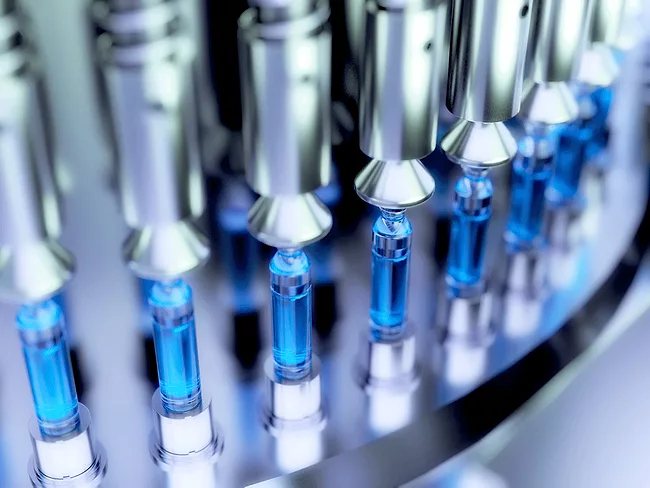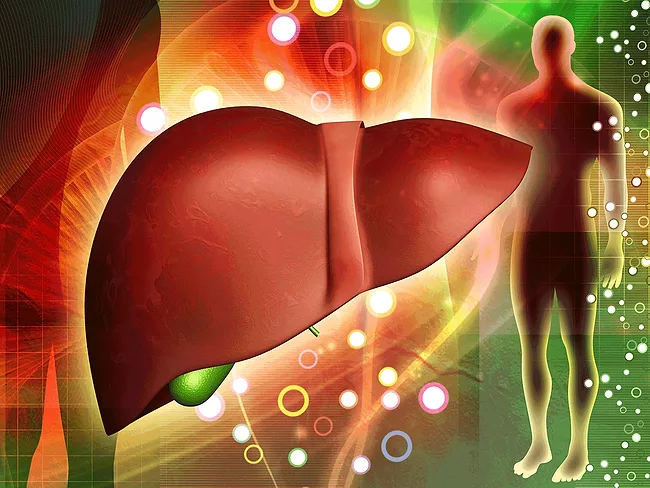
Analysis and data insight, BioWorld Asia
Biopharma deals February 2025
GSK’s $1.15B Idrx buyout leads slow M&A market as deals stay strong
Read MoreBiopharma financings February 2025
February financings slowing, but year outpaces 2022-2023
Read MoreBiopharma deals January 2025








